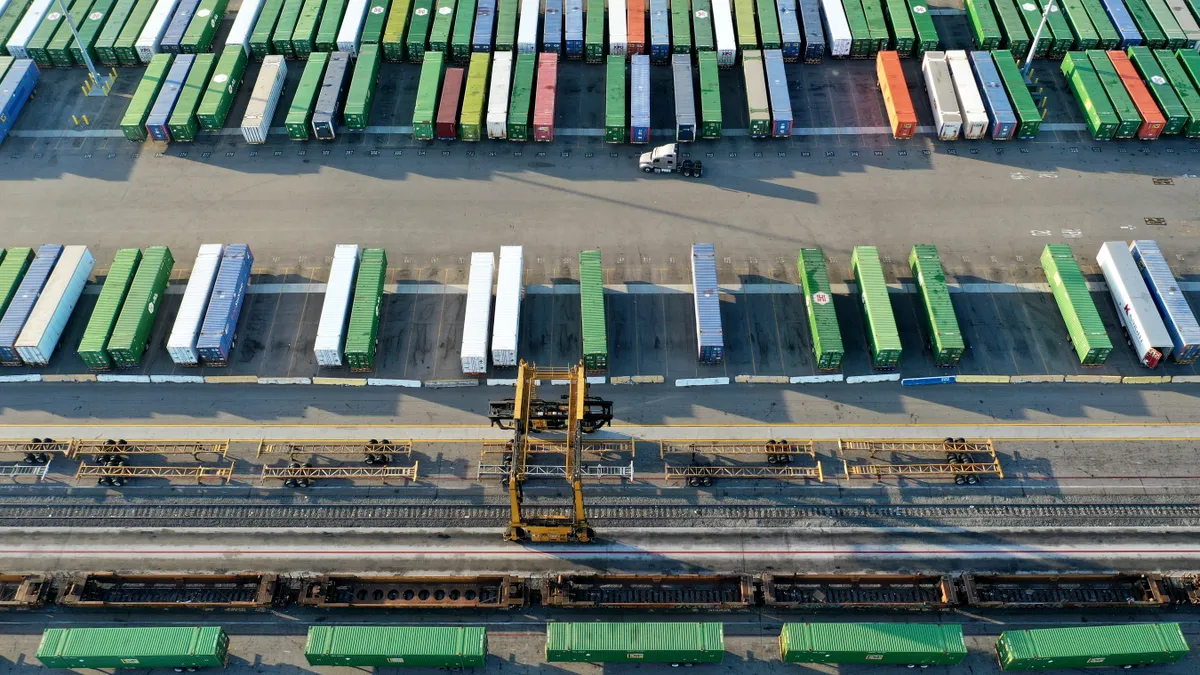The Federal Maritime Commission is funding a $500,000 study to address challenges within U.S. intermodal chassis pools, which have contributed to congestion at major U.S. ports during the pandemic, the agency said last week.
The agency contracted the National Academies of Sciences’ Transportation Research Board to examine existing chassis pools and determine the best model to “support an efficiently functioning supply chain,” according to a release. The study is mandated as part of the Ocean Shipping Reform Act of 2022 signed in June.
A committee of independent experts will look at how motor carriers, railroads, marine terminal operators, and other stakeholders supply chassis to transport intermodal ocean containers. Members of the committee will be appointed over the next few weeks, the FMC said, and the public will be given an opportunity to comment on the appointees.
The committee will also study whether models for managing chassis have “aligned incentives in ownership, management, repair, and provisioning that lead to supply chain efficiency,” according to the release. Committee members will evaluate the potential for enhancing information sharing across chassis pool models.
Chassis constraints have snarled ports across the country this year. A lack of chassis prompted the closure of the TraPac chassis pit at the Port of Oakland in May, and trucking companies in New York and New Jersey are advocating for a response to what they say is a mounting chassis crisis at the largest East Coast port.
High demand during the pandemic stressed overall supply of chassis, making it difficult to move containers out of ports and contributing to terminal congestion.
The agency is contracting the National Academies of Science months ahead of the deadline set by OSRA. The legislation requires the FMC to commission the study by April 1, 2023, with results to be published no later than April 1, 2024.















